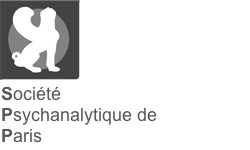|
Résumé :
|
Géza Róheim's psychoanalytic, colonial archive is one of the few attempts to document the psychic life of subjects living under settler colonialism. Historians of psychoanalysis have examined Róheim's contributions to the psychoanalytic study of Aboriginal childhood, as well as his exploration of Aboriginal maternal subjectivity. However, Róheim's account of Aboriginal maternal cannibalism needs more attention, as accusations of cannibalism often accompanied cruel colonial policies targeting Aboriginal families. This paper contextualizes Róheim's psychoanalytic insights on the unconscious motives of cannibalism and infanticide amongst Aboriginal mothers and seeks to rethink Róheim's psychoanalytic archive from the point of view of hunger, to explore what it can tell us about the complex relationship between psychoanalysis and colonialism, as well as the relationship between psychoanalysis and its colonial past.
|




